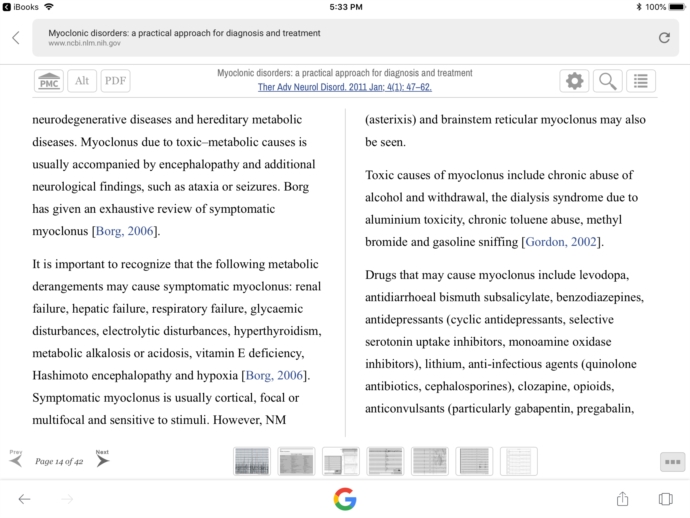Symptoms List
Posted , 4 users are following.
I've been giving this a lot of thought. How about everyone posting a list, not a narrative but a bullet point list of symptoms that you believe is related to either being on the gab or getting off of it. Please delineate if the symptom was while on it or getting off of it. Even if you think it is trivial, please put it on your list.
I want to create a spreadsheet and pool together the pertinent data that are mentioned in your stories.
Once I have this groups data assembled and can turn it over to other groups to add to. Gotta start somewhere, right?
0 likes, 2 replies
babs99203 Bocephus
Posted
THANK YOU! I think some of us haven't responded as we're just tired of thinking about it and dealing with it. Also, there are a number of websites that do list them, so in theory, you could go to the pharmacy drug sheets like CVS and Walgreens, research papers and the manufacturers to compile it.
Do you want just the main ones or all those other weird ones too? I get some that only happen occasionally or are brief, then when either I read about it or experience it again, I say, "oh yean, forgot about that one".
As it's been almost 3 years since I started the drug and memory loss is one of my biggest problems, I'll try and cover all mine, but it's a challenge. What I'm listing first is what happens during my withdrawal, but much of that also occurred as I started the drug.
Less frequent:
beth47873 Bocephus
Posted
ADVERSE REACTION TO GABAPENTIN
Two consecutive 300 mg doses of Gabapentin caused me to develop a permanent jerky movement disorder.
First dose: made my slight hand tremors increase, but it subsided by the following morning.
I was reluctant to take the 2nd dose, but my husband encouraged me to try one more dose.
Within an hour, my hands began sweating.
I suddenly felt restless and when I stood up, I had a visual disturbance of seeing many dots of colorful lights.
My left hand felt like it was burning up, and shook rapidly for several minutes.
I even had laughing spells which wasn't consistent with many movements spreading quickly throughout my body.
My thighs started rapidly opening and closing shut. I looked rude and felt so humiliated!
Intermittent arm punching and later my shoulders began shrugging constantly.
I didn't know my doctor was going to cover up what happened to me. I wish I had insisted to be taken to an ER.
I should have listened to my gut feeling that Gabapentin was too strong for me.
The neurologist who ordered my first brain MRI, didn't inform the radiologist that a movement disorder was my main sign.
When the radiologist found a 5 mm hypothalamic lesion, located adjacent to the optic chiasma, he assumed I was born with it. That neurologist told me, "Your MRI results aren't back yet, but I'm sure you didn't have a stroke." Ten years later, the Mayo Clinic admitted I have a History of ischemic stroke, but their misinformed radiologist claimed it was asymptomatic, since he reported that the 6 mm non-enhancing hypothalamic mass isn't causing any deformity to surrounding areas.
The Basal ganglia which controls coordinated movements, is located in the midbrain to protect it from injury, but RX drugs can cause a disturbance or permanent damage.